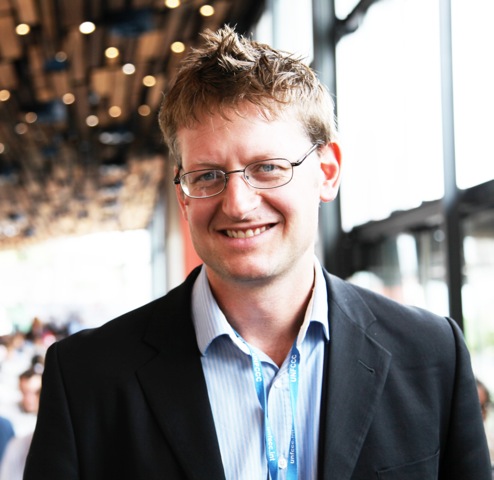
The scientific community in Europe quickly mobilized in condemnation after the Scottish Government announced a pre-emptive ban on all GM crops on August 9. In an unprecedented letter signed by 28 research and scientific institutions, the Scottish rural affairs minister Richard Lochhead was advised:
“Your announcement that the Scottish Government proposes to ban cultivation of all genetically modified crops, regardless of current or future scientific evidence about the benefits of particular applications, risks constraining Scotland’s contribution to research and leaving Scotland without access to agricultural innovations which are making farming more sustainable elsewhere in the world.”
The letter concluded:
“By banning [the use of GMOs] in Scotland, this country would be prevented from benefiting from future innovations in agriculture, fisheries and healthcare and consigned to continued use of the old. We are thus extremely concerned about the potential negative effect on science in Scotland. We ask urgently for a meeting where researchers can discuss these concerns with you and consider ways to protect the freedom and integrity of science, and its use in policies, in Scotland in the future.”
It was signed by several Cornell Alliance for Science partners, including Rothamsted Research and the science advocacy group Sense About Science. Other signatories included: European Academies Science Advisory Council, John Innes Centre, Royal Society of Edinburgh, and the universities of Edinburgh, Bangor, Dundee and Hertfordshire. Lochhead has responded that he is willing to meet representatives of these institutions. However, he has suggested that the ban is not up for reconsideration – instead he will aim to “reassure” them that research using GM techniques can continue in Scotland, even though whatever emerges from that research will presumably be prohibited from any wider deployment. Lochhead has also alarmed the scientific community by rejecting the international scientific consensus on GMO safety and writing an article in the Herald newspaper noting that decisions can’t be based on science alone
The Scottish government has also failed to appoint a chief scientific advisor (CSA), and has therefore been without an official science representative since the departure of Professor Muffy Calder last December. Both Calder and her predecessor as CSA Dame Anne Glover have strongly criticised the Scottish Government’s decision.
The Scottish Government’s decision may well have wider ramifications within Europe. As Lochhead himself has written in an opinion piece in the Herald Scotland:
“And I am confident other countries will follow in our footsteps. Several member states have spoken out against GM whilst parts of France, Germany and Italy all have regions that have declared themselves GM free.”
As Lochhead hopes, Scotland’s move could in the worst-case scenario be a tipping point encouraging other bans across Europe, and thereby having a ripple effect on other countries throughout the world. Already Germany is considering the form of a GMO ban, a move met with concern by the German scientific academy Leopoldina. Worryingly, there is little indication so far that European politicians are listening either to their scientific institutions or to their farming constituencies. Instead populist moves to appease green and other anti-GMO lobbies are still seen as the default option.
This is a debate with major international significance. Biofortified crops that could save thousands of lives in developing countries obviously depend on a regulatory environment that facilitates, rather than prohibits, their use. Similarly, crops that are climate resilient, disease resistant or resistant to insect pests will not likely be able to improve the productivity of smallholder farmers in poorer countries if they are banned pre-emptively in Europe.
We live in an interconnected world. Decisions made in food-secure capitals such as Edinburgh may ultimately leave people hungry in Dhaka or Nairobi. That is why the Cornell Alliance for Science’s work to amplify the voices of scientific and development institutions in poorer countries is so important.
